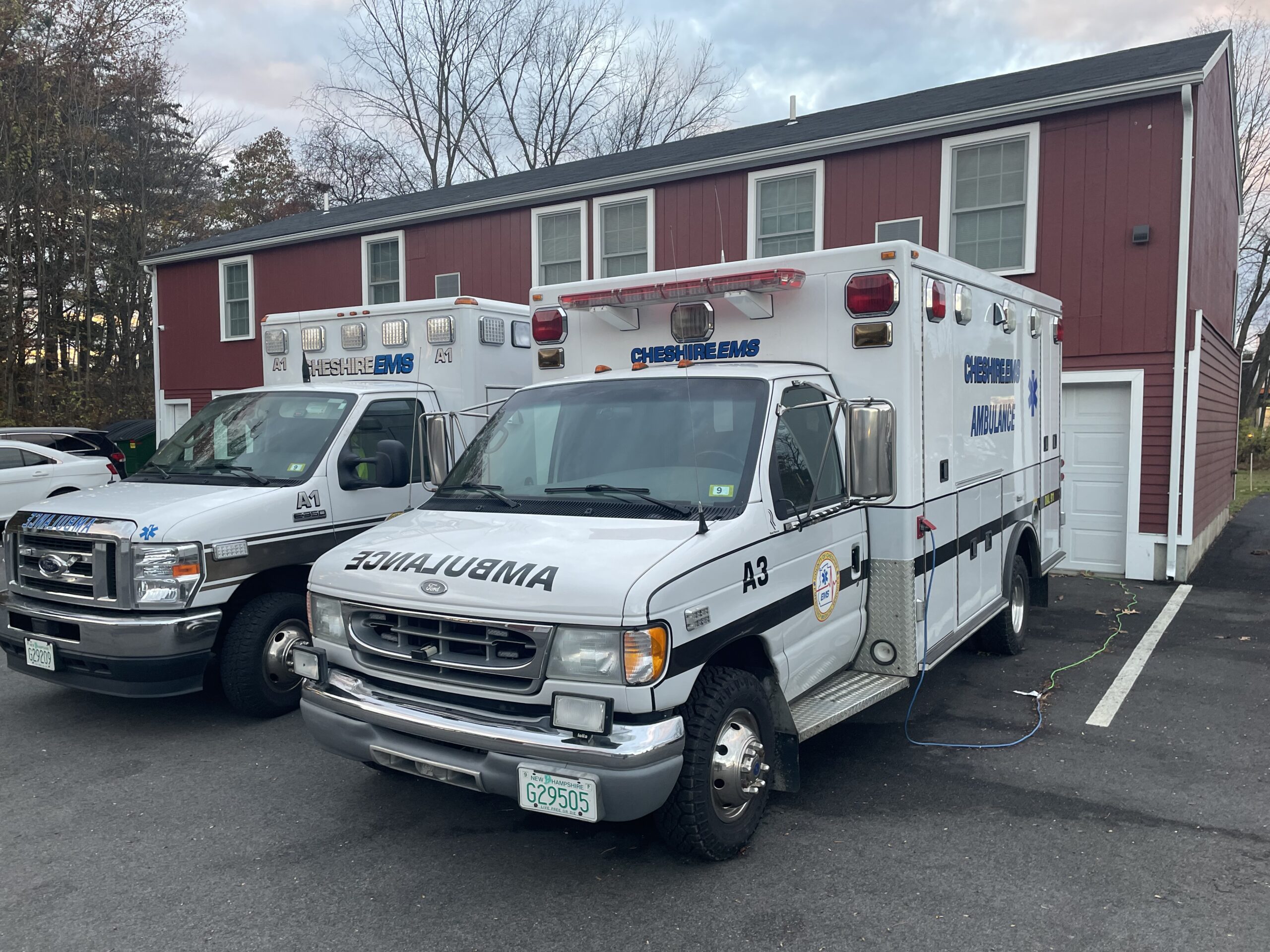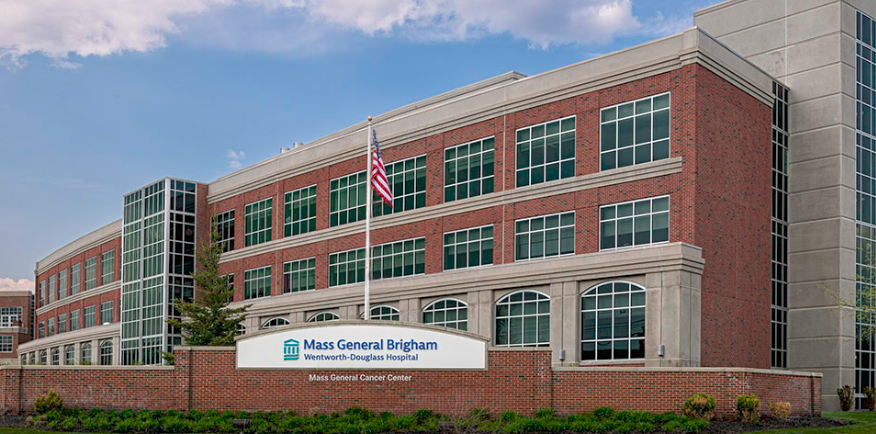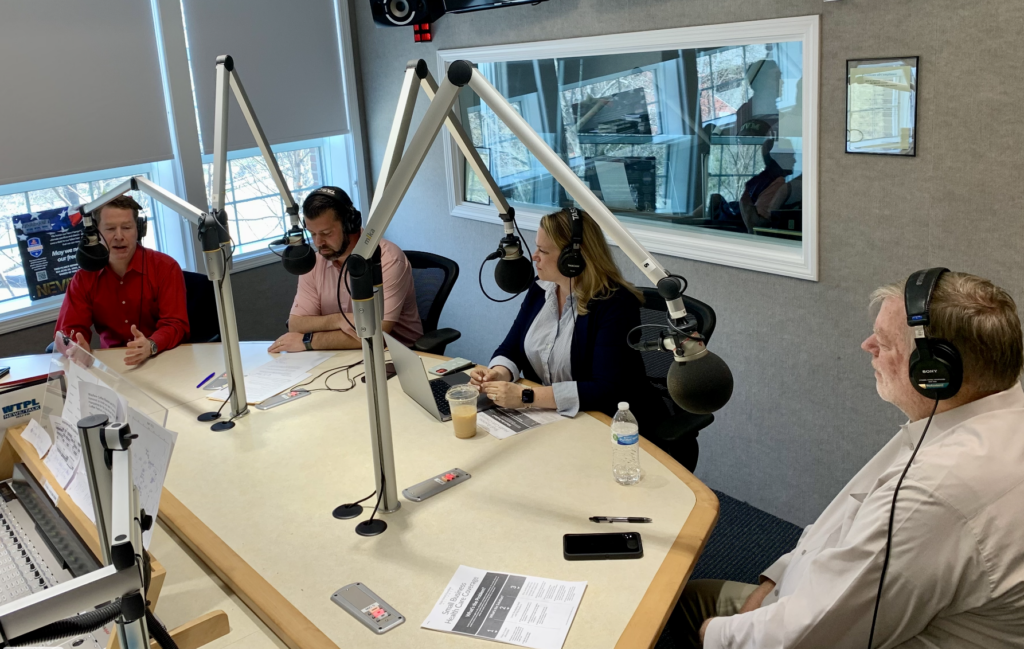Insurance Commissioner Hits Siren Over Ambulance Rate Bill

Granite Staters could see the cost of a life-saving ambulance ride more than double under a proposed law change that has New Hampshire’s Insurance Department Commissioner worried.
“I’m deeply concerned,” Commissioner D.J. Bettencourt told NHJournal.
Lawmakers are set to hold hearings this week on SB407, a bill that caps the rate for ambulance services at 325 percent of the Medicaid and Medicare reimbursement rate. The bill is meant to address the Medicaid and Medicare payment shortfalls that already have New Hampshire ambulance services scrambling to stay afloat. But Bettencourt said the proposal would actually set a floor for prices, which will increase costs and shift the burden onto insurance companies and individuals.
“There is no way you’re not going to see upward pressure on premiums,” Bettencourt said
Among the proposed changes in SB407 is a provision that requires health insurance companies to pay the full bill set by the local ambulance services, or 325 percent of the current Medicaid and Medicare reimbursement rate, whichever is lower. Bruce Berke, with the National Federation of Independent Business, said all that does is incentivize local services to set their rates right at the arbitrarily high rate of 325 percent of Medicaid and Medicare.
“The bill will increase premiums for New Hampshire employers who are providing health insurance to their employees but are struggling to afford rising premiums driven by increasing health care costs. The bill’s new mandate would establish government rate setting for the very first time in New Hampshire, essentially creating a ‘minimum charge’ mandate,” Berke said.
The problem the bill doesn’t address is that 80 percent of all patients who require ambulance rides in New Hampshire are on Medicaid or Medicare, Bettencourt said. That means the ambulance companies are significantly underpaid for the vast majority of the patients who require services, forcing them to make up the difference with everybody else.
Dave Juvet, senior vice president of public policy with the New Hampshire Business and Industry Association, said that because the state and federal governments aren’t dealing with the real problem, the cost of an ambulance ride for everyone else could go up 350 percent under the plan, he said.
“That’s just astronomical. I remain mystified why the state feels it needs to step in and somehow establish these rates and a one-size-fits-all rate,” Juvet said.
The effect will be increased insurance costs for employers, which could force them to hire fewer workers at worst or depress wages at best. Juvet said the vast majority of people in New Hampshire get their health insurance through their work.
“Somebody pays for the insurance, and in New Hampshire, that’s employers,” Juvet said.
Drew Cline, with the Josiah Bartlett Center for Public Policy, a free-market think tank, said SB407 keeps people in the dark and hikes the rates they will pay for healthcare.
“The fundamental problem with ambulance billing is that consumers are entirely cut out of the pricing system. No consumer knows how much any given ambulance service will cost or who will pay. SB407 tries to address this by setting an arbitrary number as the default market price, and that number is quite high. Instead of solving the underlying problem, this will just raise prices and insurance costs,” Cline said.
Still, says Chris Stawazs with the New Hampshire Ambulance Association, something must be done, or ambulance companies in the Granite State are going to be forced to shut down.
“Ambulance companies are going out of business because of poor reimbursement rates,” said Stawasz, who works for America Medical Response. “These are the most critical people in the world to be paying appropriately.”
Ambulance billing is complicated and involves private insurance companies dealing with ambulance services that are quasi-government agencies in many cities and towns. The billing process involves both the ambulance service and the insurance company essentially using the patient as a middleman, with bills and checks going to a patient who can get stuck with thousands of dollars in charges.
Stawazs claims SB407 keeps the process just between the ambulance service and the insurance company while bringing the rates up enough to cover the costs. But, he acknowledged, some people will have to pay more.
“Some patients will still have to pay out of pocket depending on deductibles,” Stawazs said.
But Bettencourt is concerned that SB407’s net effect is that health insurance will become out of reach for more people. He’s also worried about people who won’t call 911 and delay getting emergency care when seconds matter because they cannot afford the ambulance ride.
“We want people to focus on getting the help they need,” Bettencourt said.






